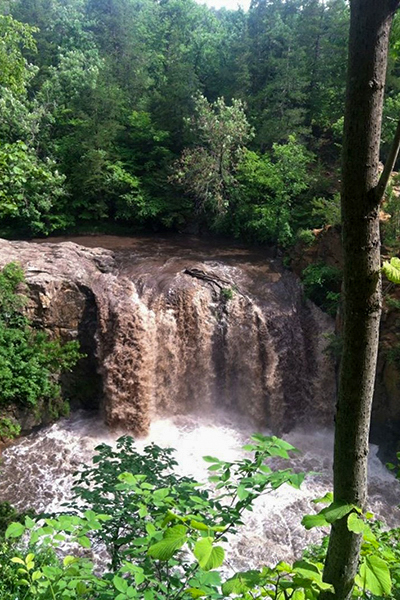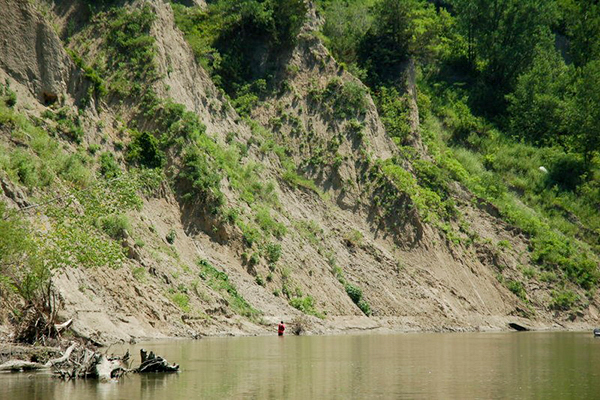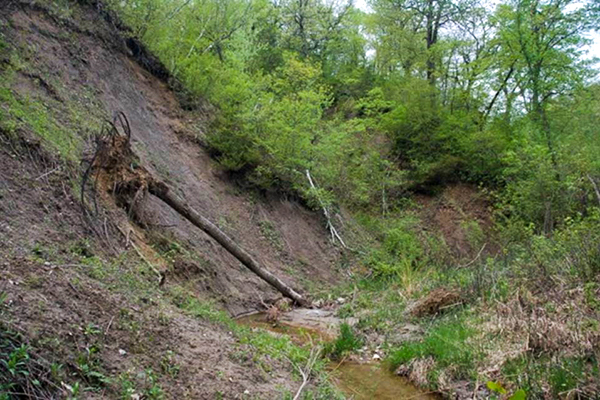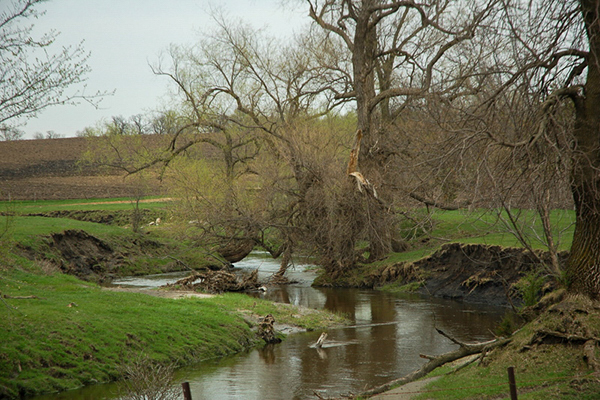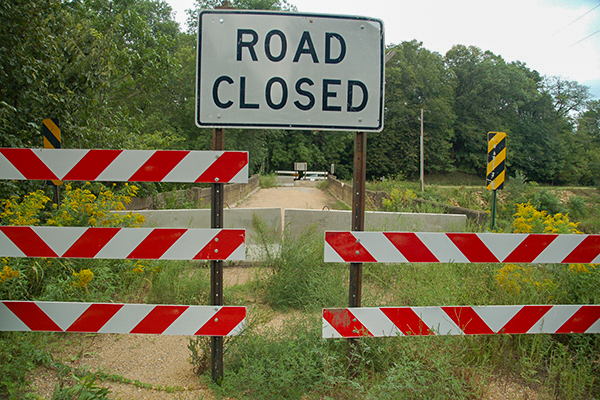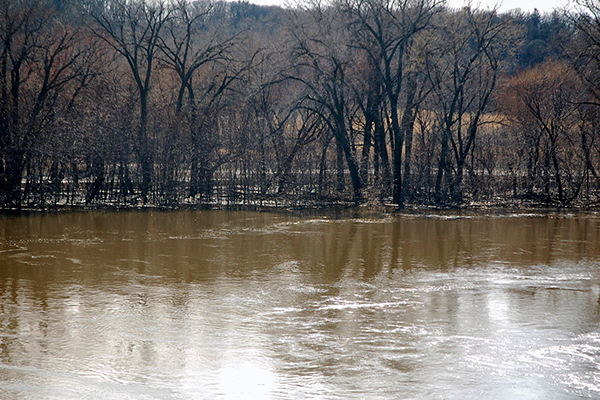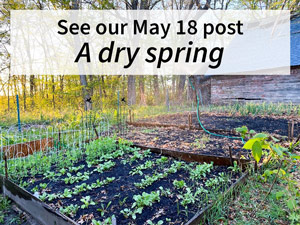 St. Paul, MN—As the Minnesota Legislature heads into the final stretch of the 2021 legislative session, millions of dollars for environment and natural resources spending and issues that have bipartisan support hangs in the balance due to negotiations on the Environment and Natural Resources Omnibus bill. While negotiations are normal part of the legislative process, there are a significant number of differences between the House and Senate bills that threaten to derail issues that have broad support.
St. Paul, MN—As the Minnesota Legislature heads into the final stretch of the 2021 legislative session, millions of dollars for environment and natural resources spending and issues that have bipartisan support hangs in the balance due to negotiations on the Environment and Natural Resources Omnibus bill. While negotiations are normal part of the legislative process, there are a significant number of differences between the House and Senate bills that threaten to derail issues that have broad support.
One of these bipartisan areas is the issue of providing farmers with financial support to temporarily hold water back on the land. A consensus in the Minnesota River Valley has coalesced around the policy of water storage: helping landowners hold back water with a menu of options that fit their land such as wetland restorations, perennial cover crops, and increasing soil water-holding capacity.
“Stakeholders in the Minnesota River Basin have been studying the issue of water storage for years,” Freshwater’s Research and Policy Director Carrie Jennings said. Jennings holds a doctorate in geology and has studied the Minnesota watershed for more than 20 years.
“The science of water storage is well documented in the Minnesota River Basin, and we know what projects and structures need to go where to have the best impact. The communities, landowners, and agribusiness leaders in the basin support this policy, knowing full well that it will benefit both themselves and everyone downstream.”
“Our work in St. Paul has led to bipartisan support for a state water storage program, particularly targeted to the Minnesota River Basin,” Freshwater’s Executive Director John Linc Stine said. “Ironing out the differences that remain between the House and Senate omnibus bills requires leadership on both sides to come together and set better water storage policy. We call on our legislative leaders to come to a negotiated agreement and get the environment omnibus bill passed.”
The constitutional deadline for the Legislature to adjourn their work is midnight, May 17, 2021. They have until then to negotiate and pass a state budget. If a compromise is not reached by then, they have until June 30 to negotiate a budget before state government would shut down.
What does too much runoff look like in the Minnesota River watershed?
